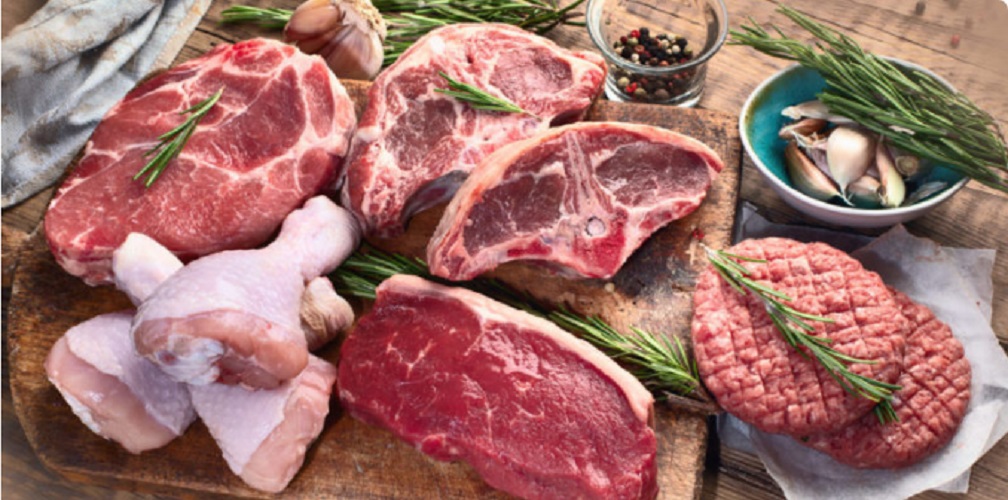What is Food? Definition, Types, Function & Importance
We explain what foods are and the types of foods that exist according to their origin. Also, what are the nutrients in food.
What is food?
A food is any substance (solid or liquid) that is ingested by living beings to replace what has been lost by the activity of the body, to be the source and engine of production of the different substances that are needed for the formation of some tissues , promoting growth and transforming the energy attached to food at work, locomotion and heat.
We also consume food to meet a psychological demand . When feeding, we will feel a sense of satisfaction and gratification. It is usual that if a person does not consume any food in a certain period , he becomes angry and in a bad mood.
Vegetarian food

Plant-based foods include vegetables, fruits and cereals . Much of the food that humans consume is seeds. Within these seeds are, in general, legumes (lentils, peas and beans), cereals (wheat, rice, corn, oats) and nuts.
Fruits are very important to maintain a healthy diet, doctors recommend eating three to four fruits daily . They have a striking appearance for animals, so that when they eat them, they spread their seeds in the form of feces along large paths.
Vegetables include leaves, logs and plant roots, being an important source of minerals and vitamins that cereals cannot provide us, especially vitamin C and vitamin A.
Foods of animal origin

Food of animal origin includes all species of cattle (sheep, pigs, goats, cattle), all poultry (turkey, chicken, goose, among others), shellfish and the different species of fish. Products derived from animals include: milk, cheese, butter, eggs, honey, sausages.
Foods of mineral origin

Sodium chloride (NaCl) is the most important mineral that can be extracted from food. More commonly called table salt, sodium chloride is the one that gives flavor to foods , used in excess by some people can become a cause of diseases, such as high blood pressure and obesity .
Mineral salts maintain the balance of metabolism in conjunction with sugars, preventing dehydration of the body and helping to retain water .
Food nutrients
The absence or decrease of nutrients in the body after a certain time has elapsed, causes diseases linked to their loss. Some of the essential nutrients that we should consume in our daily diet are: vitamin A, iron, calcium, carbohydrates, fats and certain amino acids .
There are two types of nutrients, simple or micronutrients (the body needs them in small doses) and macronutrients (they are required in large quantities).
Proteins , fats, carbohydrates, vitamins and minerals are the five groups in which the essential nutrients of any diet are classified. In total, these groups comprise between 45 and 50 substances that are considered essential for proper growth and maintenance of health .
The type of food that is most abundant in the world are carbohydrates , with fats being the easiest to accumulate. If our body depletes its reserves of fats and hydrates, it will directly use the dietary proteins or glycogen stored in the muscles, breaking it down to form its own fuel.
Eating disorders

At present , the importance of food education is stressed , that is to say, in the awareness that the foods we choose and the way we prepare and consume them are extremely important for our health and our psycho-physical well-being.
In this regard we have identified some specific problems , known today as disorders of conduct food (TCA). Among them, bulimia and anorexia stand out for their cultural and social impact:
- Bulimia. In the first there is an urgent need to consume a large amount of food in a short space of time, and then proceed to actions aimed at eliminating it (such as the self-provocation of vomiting).
- Anorexy. In anorexia there is a body distortion that makes the person perceive themselves as fatter than they really are, which generates an uncontrolled and irrational desire to lose weight, at the cost of physical deterioration due to insufficient daily caloric intake, below the vital minimum.
Diet

The diet is a traditional biological concept that tries to classify animals according to the food they eat and their location in the food chain, which in turn depends on various factors, including the degree of development of their mouth apparatus , of the conformation of your digestive system (if it is monogastric or polygastric) and of questions related to your behavior and habits of life (domestic life, wandering, community life , etc.).
Thus, they have traditionally distinguished themselves between carnivorous, herbivorous, omnivorous, carrion and saprophagic feeding animals , as the main types. The location of the human being in this sense continues to be the subject of debate.
Western medicine has historically insisted on the importance of consuming foods of animal origin (meats) to obtain an adequate supply of proteins, and, above all, of certain amino acids (the so-called essential amino acids).
Today it is known, however, that our body is able to obtain all the nutrients it requires if it is provided with a good variety of plant-based foods, including legumes, cereals, seeds, nuts, and fresh fruits and vegetables.


